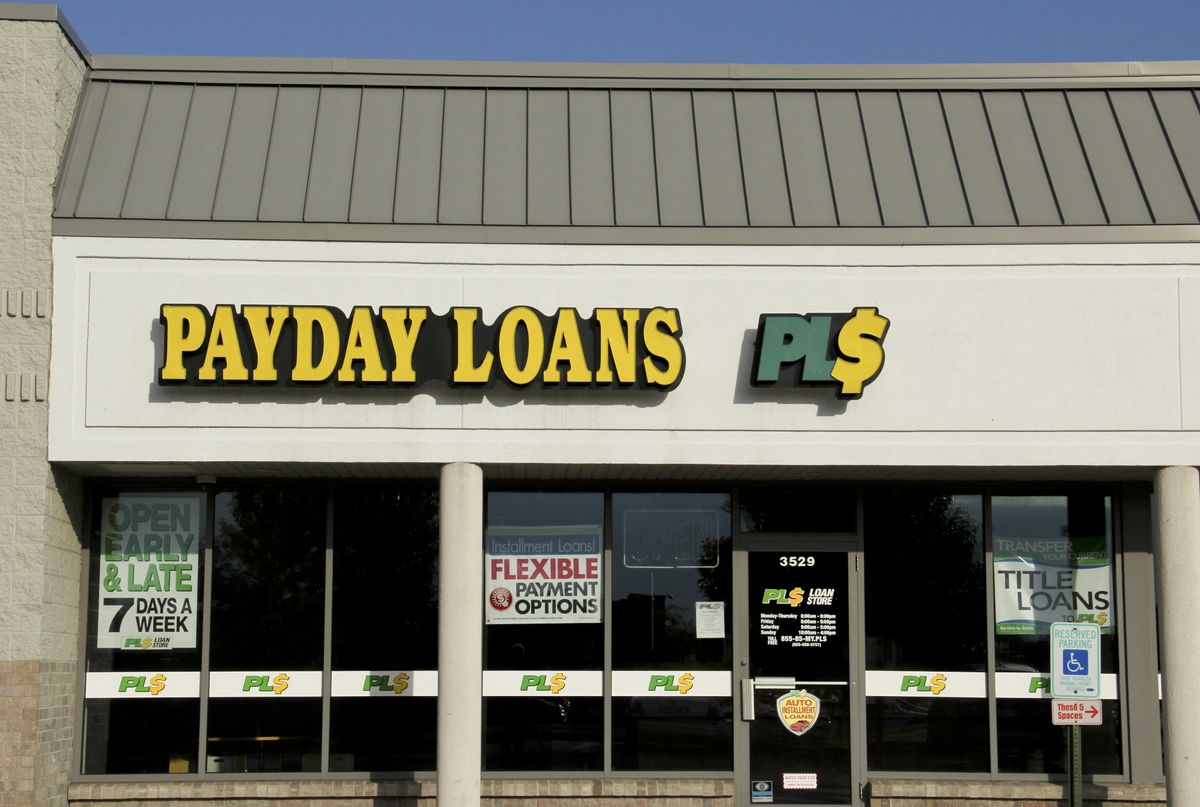States Step Up Payday Loan Regulations

Feb. 26, 2021
Lacking a strong federal effort, states are stepping up to crack down on predatory payday lending, the easy-to-get but hard-to-repay loans that often trap consumers in a spiral of debt while charging them interest rates of 400% and more.
Illinois is on the brink of becoming the 18th state to take action. Lawmakers passed a 36% cap in January and it awaits the signature of Gov. J.B. Pritzker to become law. The Catholic Conference of Illinois and a coalition of over 100 social service organizations are among those urging Pritzker to sign the measure.
“When one person lends money to another there has to be reasonable expectation that they are able to pay that money back,” said Robert Gilligan, executive director of the Catholic Conference of Illinois, the lobbying arm of the Illinois bishops, in a published interview. “What we’ve seen is it’s an inequitable power relationship between lenders with large sources of money, lending money to individuals who many times have spotty financial records.”
If Pritzker signs the measure, it would take a big chunk out of the national market for payday loans. Illinois families pay over $500 million per year in payday and title loan fees, the fourth highest total in the nation.
Nebraska recently became the seventeenth state, plus the District of Columbia, to make triple-digit interest payday loans illegal when it brought rates down from an average 400% to no more than 36% last fall. The ballot measure accomplishing the reform passed with 83% of the vote.
Progress is slow
Earlier this month, the Center for Responsible Lending (CRL) released a new map showing the typical annual interest rate of a payday loan in states across the country. The map reflects a trend toward stopping loans of 400% APR and more, with a long way yet to go before protections cover all U.S. families.

In spite of the progress, states with rate caps face threats from predatory lenders that are partnering with out-of-state banks in order to evade state interest rate limits, a practice called “rent-a-bank.” During the Trump administration, bank regulators issued federal rules that may encourage predatory lenders to engage in this scheme.
“We see steady progress. But millions of families are still unprotected across much of the country at a time when job loss, income reduction, and economic uncertainty make triple-digit debt traps even more dangerous,” said Charla Rios, a researcher for the Center for Responsible Lending.
“We cannot look away from the harm predatory lending is bringing to people who are literally fighting for survival. Designed with terms that intentionally make them very difficult to pay off, payday loans are associated with overdraft and insufficient funds fees to the point of closing bank accounts. They make it significantly harder for struggling families to make ends meet and cover basic living expenses. Payday borrowers are forced to file bankruptcy at higher rates than people in similar financial situations,” Rios said.
